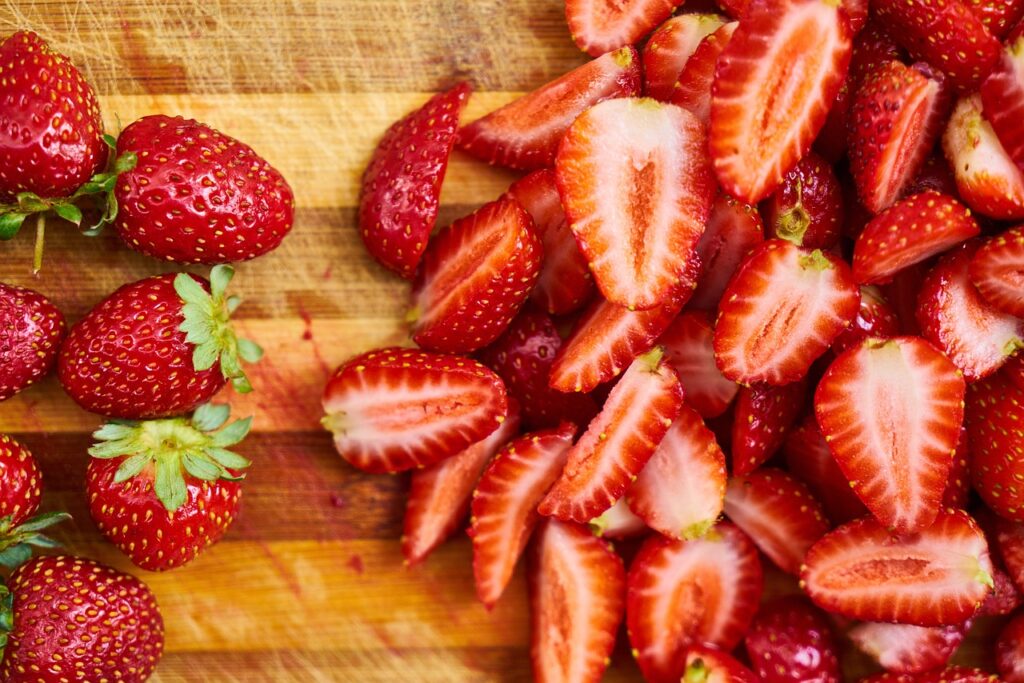Experiencing muscle soreness is a common part of an active lifestyle, whether it’s due to intense workouts or daily activities. While rest and proper hydration are essential for recovery, certain foods can play a role in alleviating muscle pain and promoting overall muscular health. In this article, we’ll explore key foods that can help ease those pesky muscle aches.
Tart Cherries: Nature’s Anti-Inflammatory Fruit
Tart cherries are rich in antioxidants and possess anti-inflammatory properties. Studies suggest that consuming tart cherry juice or incorporating fresh cherries into your diet may help reduce muscle soreness and inflammation, making it a delicious and natural remedy for post-exercise discomfort.
Fatty Fish: Omega-3s for Recovery
Fatty fish like salmon, trout, and mackerel are excellent sources of omega-3 fatty acids, known for their anti-inflammatory effects. Omega-3s may assist in reducing muscle soreness and improving recovery after intense physical activity. Aim to include fish in your diet at least twice a week for optimal benefits.
Ginger: Nature’s Pain Reliever
Ginger has long been recognized for its anti-inflammatory and analgesic properties. Incorporating fresh ginger into meals or enjoying it as a tea can help alleviate muscle pain and soreness. Consider adding ginger to post-workout smoothies or incorporating it into your favorite dishes.
Pineapple: Bromelain for Recovery
Pineapple contains bromelain, an enzyme known for its anti-inflammatory properties. Bromelain may assist in reducing muscle soreness and swelling. Enjoying fresh pineapple or incorporating it into smoothies can be a tasty and natural way to support post-exercise recovery.
Turmeric: The Golden Spice
Turmeric, with its active compound curcumin, is a potent anti-inflammatory agent. Adding turmeric to dishes or enjoying turmeric tea can help alleviate muscle soreness and promote overall joint health. Consider combining turmeric with black pepper for enhanced absorption.
Magnesium-Rich Foods: Muscle Relaxation
Magnesium plays a crucial role in muscle function and relaxation. Foods rich in magnesium, such as leafy greens, nuts, seeds, and whole grains, can contribute to reducing muscle cramps and promoting overall muscle comfort. Including magnesium-rich foods in your diet supports overall muscular well-being.
Watermelon: Hydration and Recovery
Staying adequately hydrated is essential for muscle recovery. Watermelon, in addition to providing hydration, contains citrulline, which may help reduce muscle soreness. Enjoying watermelon as a refreshing snack or adding it to post-exercise smoothies supports both hydration and recovery.
Conclusion: Nourishing Your Muscles for Optimal Well-Being
While these foods can contribute to easing muscle soreness, it’s important to remember that overall dietary habits, hydration, and sufficient rest play crucial roles in muscular recovery. Incorporate a variety of these foods into a balanced diet to support your body’s natural ability to recover and thrive. As always, consult with a healthcare professional or nutritionist for personalized advice based on your individual health needs.

